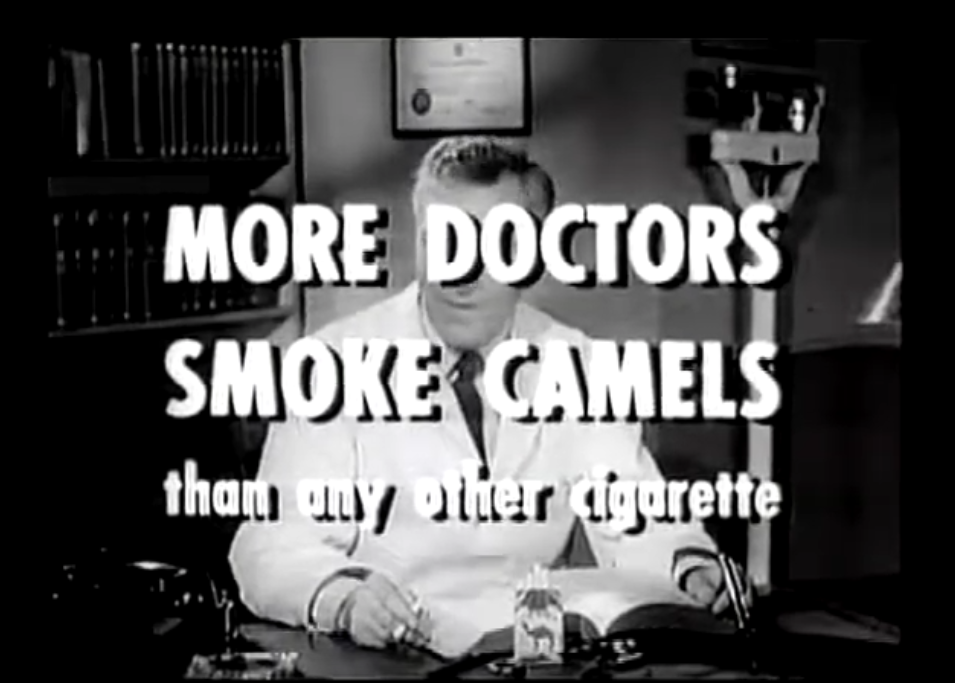
By Hunter Hines
Christian Action League
September 3, 2020
The media, as well as various activist groups, are reporting that the U.S. House, led by Speaker Nancy Pelosi, is planning to vote on the legalization of marijuana this month. The MORE Act (Marijuana Opportunity Reinvestment and Expungement Act) would decriminalize cannabis convictions, as well as expunge most prior convictions on the state level.
Democrat Rep. Jerry Nadler of New York is the primary sponsor of the legislation on the House side. Its champion on the Senate side is the current Democrat nominee for Vice President of the United States, Sen. Kamala Harris of California. Interestingly both candidates for the Presidency, Joe Biden (D) and Donald Trump (R) have said that they oppose the legalization of recreational weed.
The proposed legislation would remove cannabis from the Controlled Substance Act and tax the recreational drug at 5 percent to establish trust funds. According to USA Today, “The trust funds the Act would create include the Community Reinvestment Grant, which would provide funding for services such as job training, re-entry services and legal aid; the Cannabis Opportunity Grant, which would provide funds to assist small businesses in the pot industry; and the Equitable Licensing Grant, which minimizes barriers to gain access to marijuana licensing and employment.”
Rev. Mark Creech, executive director of the Christian Action League, said, “Whenever lawmakers and other proponents of Vice want to make something palatable enough to legalize, they have to attach it to a seemingly worthy cause – something they’ve obviously done with the MORE Act. It will create thousands of new businesses and tens of thousands of new jobs. Plus, the tax revenue from this new industry could help fill some important needs, they say. But at best, it’s always a pipe dream, and at worst a nightmare.”
“The devil always comes as an angel of light,” he added. “It is an exceedingly sinful and illogical thing for any society to treat its children as something to be thrown away. Abortion is throw away life, the throwing away of a culture’s future. Marijuana legalization will just be something else in the life of our nation’s youth for them to throw their own lives away.”
Recent studies have shown that marijuana legalization and normalization are reversing decades of declines in youth marijuana use. One study recently released by the University of Washington, which followed 230 teens and young adults, found that youth may be more likely to use marijuana because of the over-saturation of stores, advertisements, and rapidly rising adult use of the drug, which comes with legalizing it.
Data provided by the National Survey on Drug Use and Health (NSDUH) showed that in places where marijuana had been legalized (Alaska, California, Colorado, the District of Columbia, Maine, Massachusetts, Michigan, Nevada, Oregon, Vermont), past-month drug use among youth ages 12-17 continues to be above the national average.
In the state of Colorado, where marijuana has been legal since 2012, there has been a 65% increase in first-time marijuana use among youth since legalization. Past month marijuana use among 12-17 year-olds increased 4% in The Centennial State. In non-legal states, past year and past month use rates are considerably lower than in Colorado.
Marijuana, which can be a source of depression and suicidal thoughts – particularly among young users, was found in toxicology screens of 200 suicide victims in Colorado during the year 2017, up from 83 in 2012, according to the 2019 Colorado Violent Death Reporting System. The same report noted that in 2017, marijuana was present in over 30% of suicide toxicology reports for young victims between the ages of 15 and 19 years-old.
In his book, Reefer Sanity: Seven Great Myths About Marijuana, Kevin Sabet,once the senior advisor in former President Obama’s drug policy office, says:
“We can measure the impact on life development from marijuana use and its alterations of brain function in several different ways. Research shows that adolescents who smoke marijuana every weekend over a two-year period are nearly six times more likely to drop out of school than nonsmokers, more than three times less likely to enter college than nonsmokers, and more than four times less likely to earn a college degree…Stunted emotional development is also strongly associated with adolescent marijuana use. Females show a greater vulnerability than males to this heightened risk of anxiety attacks and depression.”
The research on the harmful effects of marijuana are becoming more apparent with each new study. The use of pot is unquestionably linked to addiction, mental illness, damage to the respiratory and cardiovascular systems, and even cancer.

“We saw an interesting phenomenon play out in the twentieth century with persistent naysaying from hard-core cigarette users and industry groups trying to ignore or vehemently deny the health dangers of tobacco,” said Sabet, “We’re seeing the same things being paraded about again in the twenty-first century as the zealous pro-legalization crowd chooses to dismiss findings that challenge their ‘pot is safe’ dogma.”
“The problem of today’s youth is not so much their age,” said Rev. Creech, “it is the spirit of the age in which we live that’s mostly the issue.”
One consolation is that passage of the bill seems very low in the Republican-controlled Senate. Majority Leader Mitch McConnell (R-Ky) said during the National Republican Convention that he believed that Democrats have more important things on which to focus.
**********
Christian Action Alert:
Contact your Representative in the U.S. House and urge him or her to stand against the MORE Act, a bill to legalize and commercialize marijuana federally. The House plans to vote on this legislation the week of September 21.
Tell them not to place any further obstacles before our youth that could cause them to lose their lives or diminish the prospects of their future, as well as that of the nation’s because they are our nation’s future.
If you do not know who represents you in the U.S. House, go to this link on the North Carolina General Assembly’s website, and type in your residential address: https://ncleg.gov/FindYourLegislators
